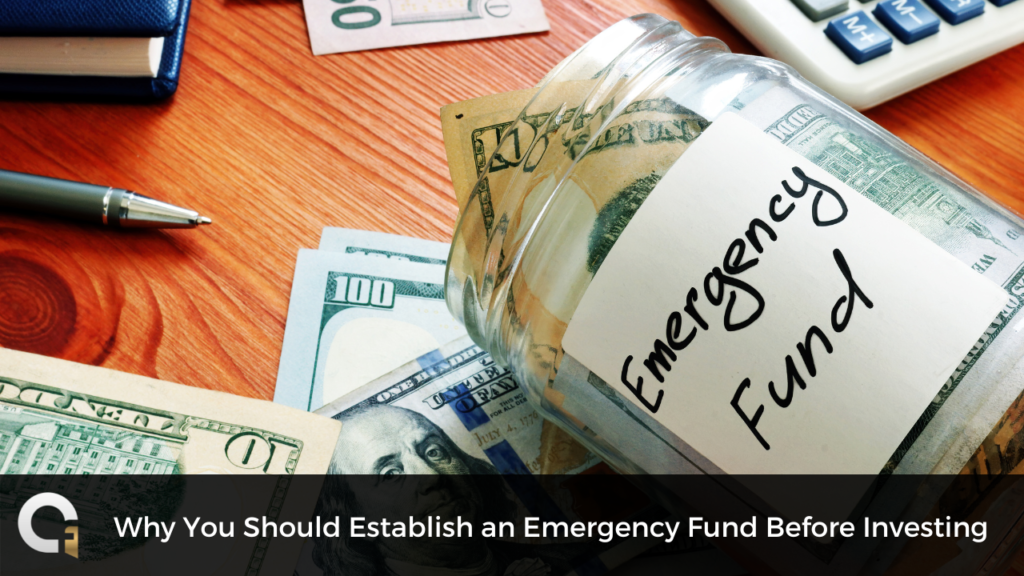Why You May Want to Establish an Emergency Fund Before Investing
Written by: Evan Anderson
Investing can be an exciting and potentially lucrative way to build wealth over time. But before you jump into the world of investing, it’s essential to evaluate your emergency fund.
What is an Emergency Fund?
An emergency fund is a sum of money that you set aside to cover unexpected expenses, such as a medical emergency, job loss, or car repair. An emergency fund generally covers three to six months’ worth of your living expenses.
Why an Emergency Fund Matters?
Establishing an emergency fund is crucial for several reasons. Firstly, unexpected expenses can happen at any time. Without an emergency fund, you may have to rely on credit cards or loans to cover these costs, which can lead to debt.
Secondly, an emergency fund can help you avoid withdrawing money from your investments prematurely. When you have an unexpected expense, the last thing you want to do is sell your investments at a loss or pay early withdrawal penalties.
Finally, an emergency fund can help prepare you for the unknown. Knowing that you have money set aside for unexpected expenses can help you feel more secure and may help reduce financial stress.
How to Establish an Emergency Fund?
To establish an emergency fund, start by setting a savings goal based on your monthly living expenses. If you’re not sure how much you spend each month, track your spending for a few months to get a clear picture.
Next, automate your savings. Set up an automatic transfer from your checking account to a high-yield savings account every month. By automating your savings, you can make sure you’re consistently saving towards your emergency fund goal.
Where to Keep Your Emergency Fund?
Your emergency fund should be kept in a safe and easily accessible account, such as a high-yield savings account. Avoid investing your emergency fund in the stock market or other volatile investments.
Conclusion
Investing can be a great way to build long-term wealth, but it’s important to establish an emergency fund first. Having an emergency fund can help you avoid debt, preserve your investments, and reduce financial stress. By prioritizing your emergency fund, you can set yourself up for long-term financial success.
Disclosure:
The opinions voiced in this piece are for general information only and are not intended to provide specific advice or recommendations for any individual. To determine which strategies or investments may be suitable for you, consult the appropriate qualified professional prior to making a decision.

